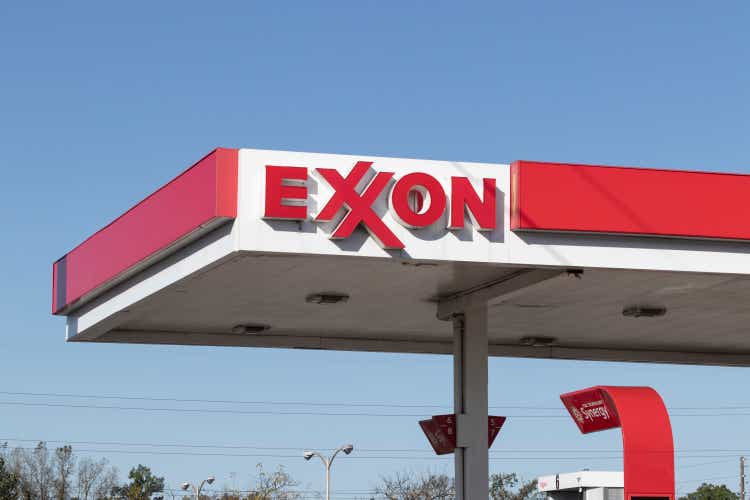New JN. 1 Covid variant gains ground in US ahead of holiday season
Unlock the Editor’s Digest for free
Roula Khalaf, Editor of the FT, selects her favourite stories in this weekly newsletter.
A new variant of Covid-19 is spreading rapidly across the US this holiday season, even as Americans’ interest in getting vaccinated has faded.
JN. 1, a sub-variant of Omicron that has an additional mutation in the spike protein, now accounts for more than 44 per cent of Covid cases in the US, doubling its spread in just two weeks, according to estimates by the Centers for Disease Control and Prevention this week.
The World Health Organization on Tuesday classified JN. 1 as a “variant of interest”, citing its rapidly increasing spread globally, but noted that it posed a low risk to global health.
JN. 1 cases have been recorded in 41 countries led by France, the US, Singapore, Canada, the UK and Sweden, and infections could rise further amid the winter season, the UN health body said.
In the US, adoption of updated Covid vaccines and observation of other preventive measures such as masking has fallen sharply since the height of the pandemic, said Carlos Malvestutto, associate professor of infectious diseases at the Ohio State University Wexner Medical Center.
“Everybody I saw over the last couple of months with Covid in the hospital — none of them had gotten the updated vaccine,” said Malvestutto.
Big drugstore chains including CVS and Walgreens Boots have attempted to boost jab uptake. Workers at some stores have complained of pressure as stores try to make up for lost demand for vaccines, offering bonuses to employees who convince customers to get inoculated.
About 18 per cent of US adults have received the updated 2023-2024 Covid vaccine as of Friday, the CDC said based on a weekly updated survey. The latest vaccines protect against severe disease and death from JN. 1 and other circulating variants, it said.
Meanwhile, vaccine makers whose stocks were winners of the early pandemic period such as Pfizer, BioNTech, Moderna and Johnson & Johnson have been among the worst-performers in a year when the S&P 500 approached all-time highs.
As a result, some companies, including Pfizer, have tried to turn to the emerging market for anti-obesity drugs, but have struggled with road umps such as side effects. Last week, Pfizer slashed its 2024 revenue outlook and increased its cost-cutting programme by $500mn.
Meanwhile, Covid hospitalisations were up 10.4 per cent in the US last week from the previous week, but remained 30 per cent lower year on year, according to the CDC.
Deaths are significantly lower compared with this time in 2022, with 716 fatalities for the week ending December 16 compared with 3,186 the same week last year. Peak weekly deaths during the height of the pandemic reached nearly 26,000 in early January 2021, according to the CDC.
“Mortality and hospitalisation rates [for JN. 1] are not the explosive rates we saw during the Delta wave, but we’re definitely seeing an increase,” said Malvestutto. He said a jump in infections was also to be expected with the return of a regular flu season and the ongoing respiratory syncytial virus, or RSV, at a time of year when crowds gather indoors.
“We don’t have to worry that we are going back to those early days” of Covid, Malvestutto said. “But at the same time, we can’t let the pendulum swing in the other way because for a lot of people it is very serious, and people can die.”
Source link


